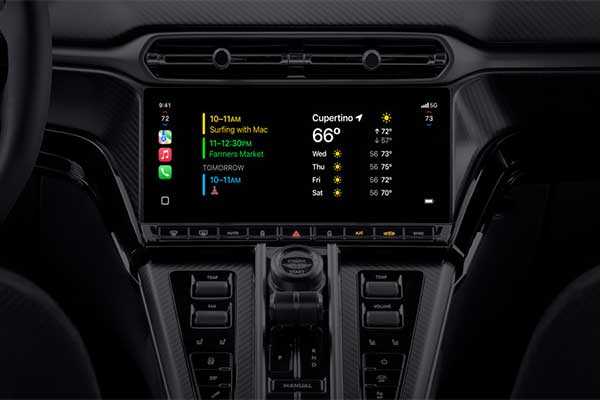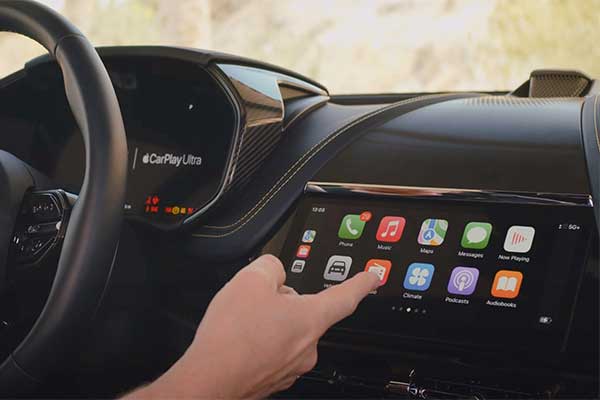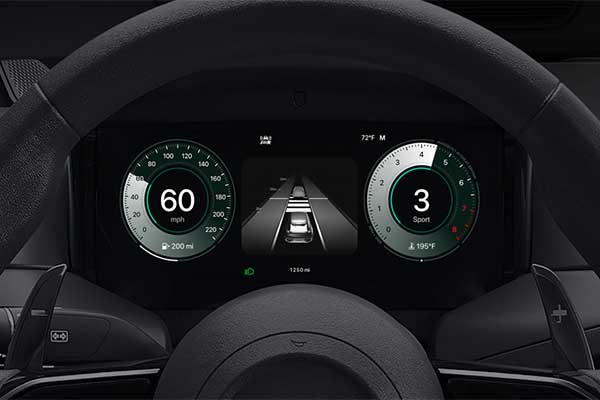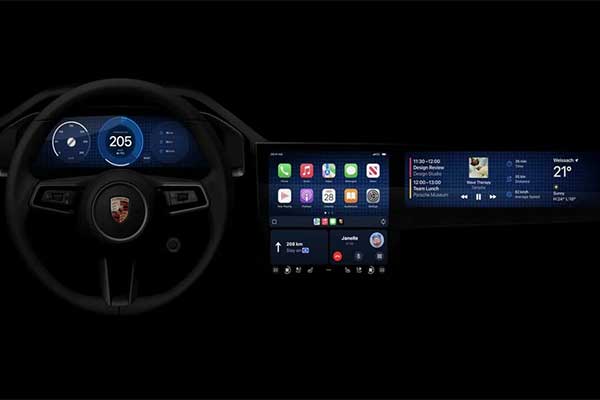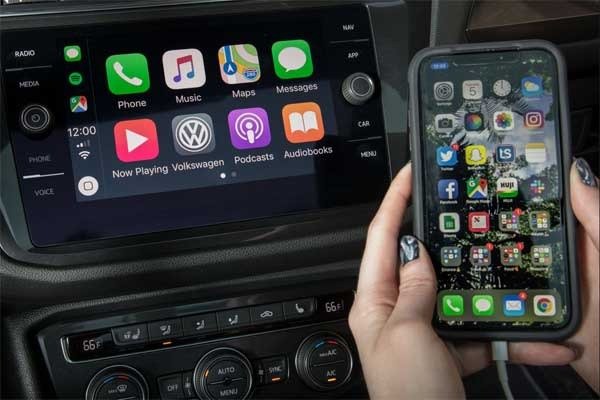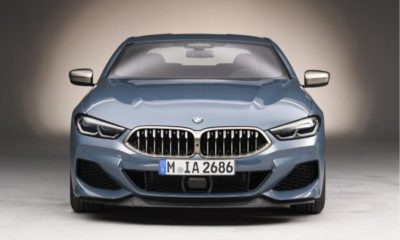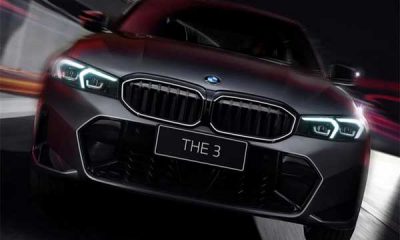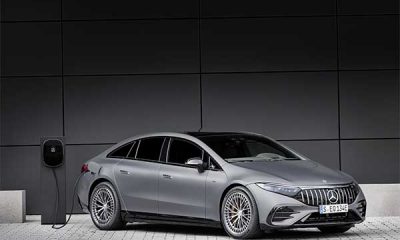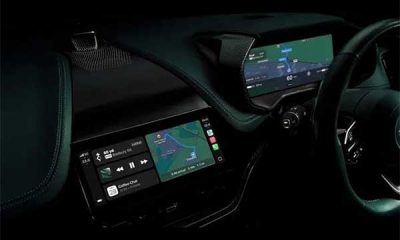Tech
Seems Like Its Only Aston Martin And A Few Others That Will Use Carplay Ultra
-

 News1 week ago
News1 week ago“We Stripped VW Golf, Rebuilt It Into Prototype Patrol Vehicle” : Inventor Of Armored Ezugwu MRAP Vehicle Explains
-

 News1 week ago
News1 week agoFashion Mogul, Seyi Vodi, Buys Rolls-Royce Cullinan Series II Worth N1.7b To Mark His 50th Birthday
-
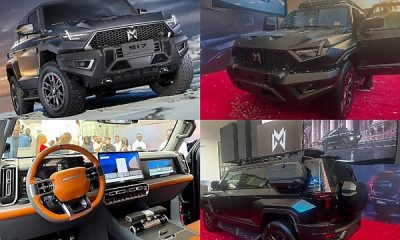
 News1 week ago
News1 week agoMore Photos Of Locally-assembled M-Hero 917 Electric SUV That Is Set To Rule Nigerian Roads
-

 News1 week ago
News1 week agoDavido Buys Lamborghini Revuelto, M-Hero 917 Launched In Nigeria, LASPA Parking Signage, FRSC Recovers 35 Stolen Vehicles, News In The Past Week
-

 News1 week ago
News1 week agoSAGLEV Launches MHERO 917 Into Nigerian Market, Off-road Electric SUV Will Be Assembled Locally
-

 News4 days ago
News4 days agoEleganza : Inside Billionaire Okoya’s Garage, Featuring Rolls-Royces, Including Silver Cloud And Cullinan
-

 News7 days ago
News7 days agoWinpart by CFAO Expands Nationwide Footprint, Opens New Outlet At ASPAMDA Market
-

 News2 days ago
News2 days agoSanwo-Olu Unveils 150 CNG Trucks To Boost Food Logistics, Says They Can Travel To All Parts Of The Country On Full Tank

